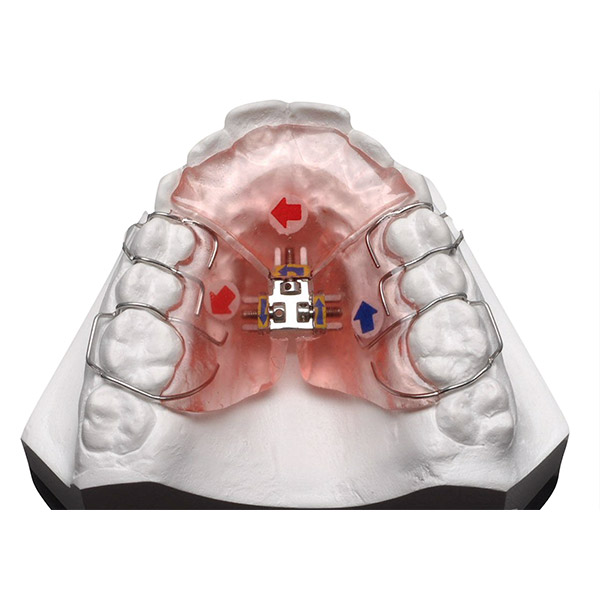
Orthodontic appliances are devices used to correct misaligned teeth and improve oral health. Whether you wear braces, retainers, or aligners, proper maintenance is crucial to achieve the desired results and maintain good oral hygiene. In this article, we will provide you with comprehensive tips and tricks to ensure the effective maintenance of orthodontic appliances.
The Importance of Proper Orthodontic Appliance Maintenance
Proper maintenance of orthodontic appliances is essential for several reasons. Firstly, it helps to ensure the effectiveness of the treatment. Regular care and maintenance prevent breakage or damage to the appliances, ensuring that they function as intended. Secondly, good maintenance promotes oral health. Orthodontic appliances can make it difficult to clean teeth, increasing the risk of plaque buildup and tooth decay. Finally, well-maintained appliances are comfortable to wear, minimizing discomfort and allowing for more successful treatment.
Cleaning Your Orthodontic Appliances
Effective cleaning of orthodontic appliances is crucial to maintain oral hygiene. Here are some tips to help you keep your appliances clean:
1. Brushing
Brushing your teeth is even more important with orthodontic appliances. Use a soft-bristled toothbrush and fluoride toothpaste to brush thoroughly, paying extra attention to the areas around brackets, wires, or aligners. Aim to brush at least twice a day, preferably after meals.
2. Flossing
Flossing becomes trickier with orthodontic appliances, but it is still important. Use a floss threader or orthodontic floss to navigate around brackets and wires. Regular flossing helps remove food particles and plaque from hard-to-reach areas.
3. Mouthwash
Using an antimicrobial mouthwash can help control bacteria and maintain oral freshness. Rinse your mouth with an orthodontic-friendly mouthwash after brushing and flossing to enhance oral hygiene.
4. Avoid Certain Foods
Some foods can damage orthodontic appliances or get stuck in them, making cleaning difficult. Avoid sticky or hard foods such as chewing gum, popcorn, and hard candies. Cut fruits into smaller, manageable pieces, and opt for softer options whenever possible.
Handling Orthodontic Appliance Discomfort
Orthodontic appliances can sometimes cause discomfort. Here are some tips to alleviate any discomfort:
1. Saltwater Rinse
Mix half a teaspoon of salt in 8 ounces of warm water and rinse your mouth with it. This can help soothe any soreness or irritation caused by the appliances.
2. Over-the-Counter Pain Relievers
If the discomfort persists, you can take over-the-counter pain relievers such as ibuprofen or acetaminophen as directed. However, always consult your orthodontist before taking any medication.
3. Wax Application
If the brackets or wires are causing irritation, your orthodontist may provide you with orthodontic wax. Apply a small amount of wax to the area causing discomfort to create a barrier between the appliance and your mouth.
Regular Orthodontist Visits
Regular visits to your orthodontist are vital for proper maintenance and progress evaluation. Your orthodontist will make necessary adjustments, monitor your treatment, and address any concerns you may have. Follow your orthodontist's recommended appointment schedule to ensure the effectiveness of your treatment.
Summary
Proper maintenance of orthodontic appliances is crucial for treatment effectiveness and oral health. Regular brushing, flossing, and the use of mouthwash are essential for oral hygiene. Avoiding certain foods and handling discomfort with rinses, pain relievers, or wax application can aid in appliance management. Lastly, maintaining regular visits to your orthodontist allows for progress evaluation and ensures treatment success.




